Following their tour earlier this year, David and Ann share with us their experiences of meeting the people in Sri Lanka
What does fair trade look like at the sharp end where tea is picked, toys manufactured, and fabric woven? Who are the people who create the fair trade products we buy in our local fair trade shop and sell on the Saturday morning fair trade stall in our Church? What would it be like to meet them face to face and see their country through their eyes rather than through the eyes of the tourist?
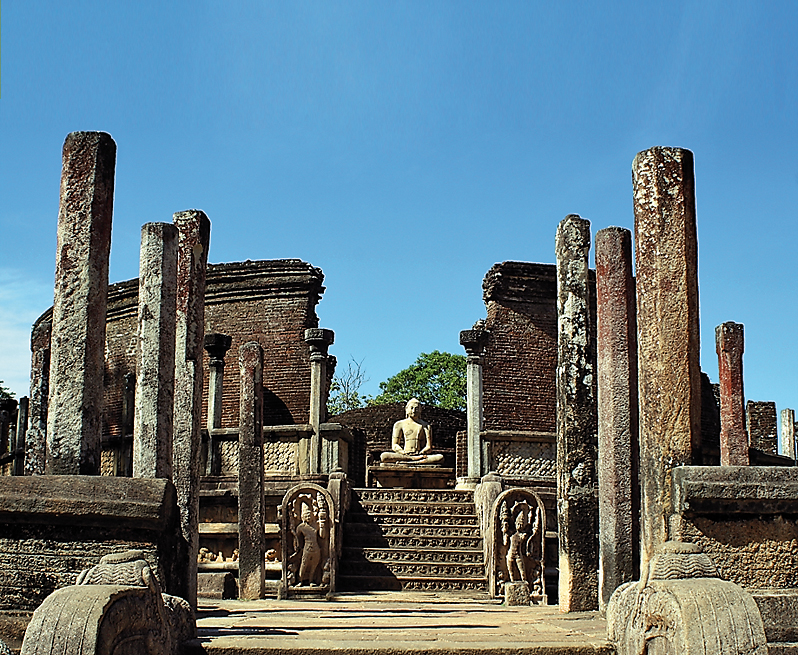
These were some of the questions which prompted us to book for a Traidcraft ‘Meet the People’ Tour. We decided on the one to Sri Lanka because David had for many years wanted to find out about the land where his grandfather had been a missionary a hundred years ago. It proved to be absolutely the right decision as we explored this beautiful island meeting the people as well as visiting some of the places any visitor must see such as the ancient cities of Anuradhapura and Polonnaruwa and the Temple of the Tooth in Kandy. We even spent half a day on a beach!
But for us fair trade was the priority. What did we learn about the process of producing the fair trade products we buy in the UK? We learned first of all, of course, that it is about work! We were familiar with the pictures of smiling workers standing in flourishing fields; and we found that they do smile! But they also have to work very hard, as we discovered when we visited the Greenfield Tea Estate where Ann tried her hand at tea picking. She says: “I was left full of admiration for the women working in quite difficult conditions on steep hillsides using their skill and knowledge and accepting the intruders we were with such grace”.

At the top of the hill where the tea bushes grow is the factory where the tea is processed, from the drying of the green leaves to getting the tea ready for dispatch. This estate is certified organic and fair trade and has recently created its own ‘Organic Life’ brand for sale in London and on the internet (http://www.organiclifeteas.com). Compared with the huge tea estates which cover the Sri Lankan hillsides as far as the eye can see, fair trade is only 2% of the Sri Lankan tea market, but this farm is a sign and symbol of what can be achieved when workers and management work together.
We had the privilege of meeting the ‘Joint Body’, which is elected by the workers and is made up of some twenty people, women and men, young and more mature, some well-educated and some who have had little educational opportunity. After they had greeted us with singing, dancing, and cake, we sat with them to hear about their life and achievements. We noted at the time that this is a ‘well-focused and thoughtful group of people’. They are certainly enterprising: with the fair trade premium (that bit extra we pay when we buy a fair trade item) they have built a substantial community centre, they support the community’s children in their education, and they plan to buy a bus which will run on the route to Colombo, some eight hours away, thus improving the bus service for the community whilst at the same time making a useful profit.
Continuing the theme of work, we made a number of factory visits where we were able to see how fair trade products are made and talk with leading people in each company.
At Selyn (www.selyn.lk) we were stunned by their beautiful colourful fabrics and toys – we bought table mats and David bought a shirt. Equally stunning is their close attention to caring for the environment (great care taken to render non-toxic the waste product of their dying plant) and their care of the workers (we saw the nursery where the children of the weavers are cared for and shared their excellent meal). We visited a huge warehouse now full of people working hard making toys, cushion covers, and much more. It was stifling and conditions seemed poor, but we learned that fair trade accreditation encourages firms constantly to improve their working practices and conditions will be transformed when they shortly move into a purpose-built air-conditioned factory.
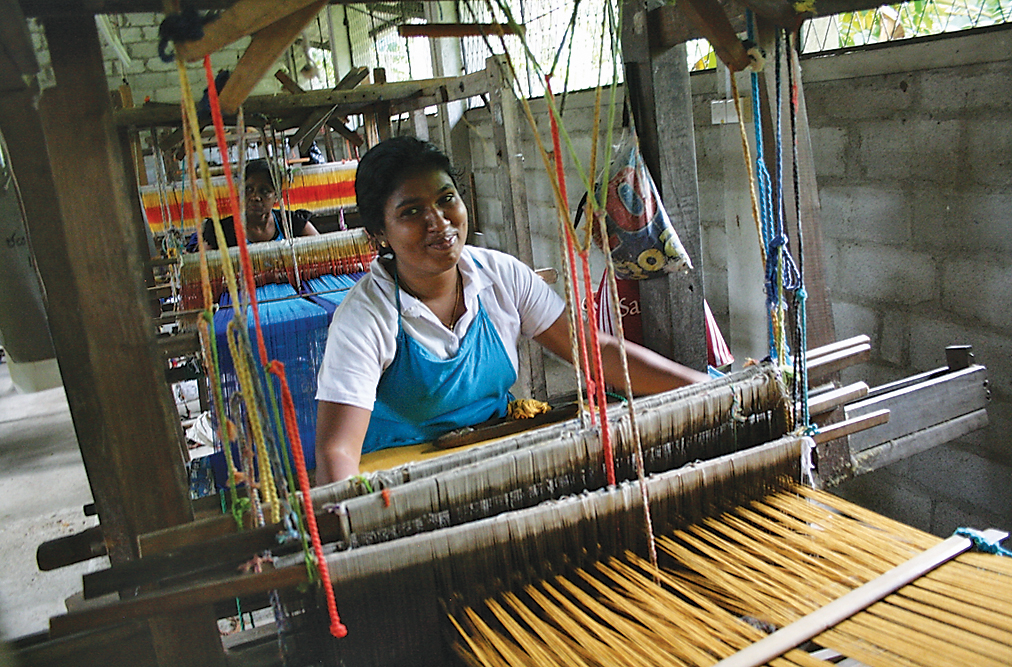 We could go on the write about: the compost coir block factory where the waste husks of coconuts are transformed into peat-free compost for UK gardens; the Maximus elephant dung factory where elephant dung comes in at one end and beautiful paper products come out of the other; and Ma’s Spice Factory where we saw the production process and sampled the end product when they served us lunch. They even persuaded us to try our hand at cooking!
We could go on the write about: the compost coir block factory where the waste husks of coconuts are transformed into peat-free compost for UK gardens; the Maximus elephant dung factory where elephant dung comes in at one end and beautiful paper products come out of the other; and Ma’s Spice Factory where we saw the production process and sampled the end product when they served us lunch. They even persuaded us to try our hand at cooking!
So are we still fair trade enthusiasts? We certainly are! But of course there is a lot more to it than the brief explanation of the back of a packet of fair trade tea. We became aware of how much there is still to do to bring working and living standards to the level those of us who buy their products enjoy, and of the importance of the standards set by organisations like the World Fair Trade Organisation and Traidcraft in encouraging organisations to achieve their standards.
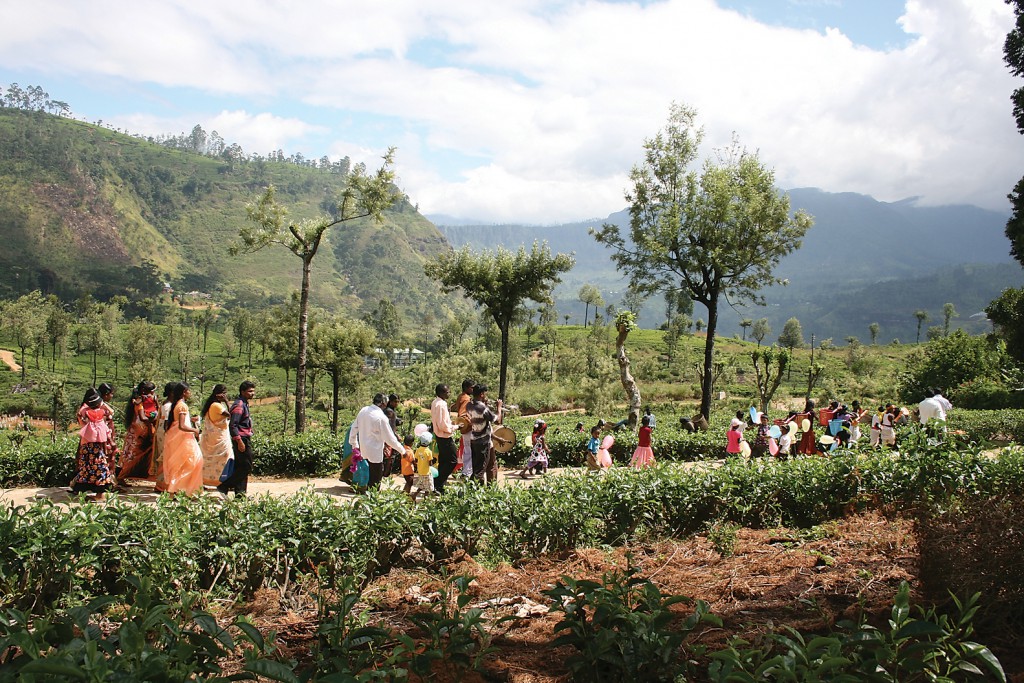 Perhaps most of all, we became aware of the hard daily work done by thousands of people so that we can enjoy products so well-designed, well-made, and beautifully packaged that they are attractive to us in the West who have such a wide range of goods to choose from. It is certainly worth paying that bit extra to buy fair trade!
Perhaps most of all, we became aware of the hard daily work done by thousands of people so that we can enjoy products so well-designed, well-made, and beautifully packaged that they are attractive to us in the West who have such a wide range of goods to choose from. It is certainly worth paying that bit extra to buy fair trade!
Our many thanks to David and Ann for sharing with us this article which was originally published in the Methodist Recorder
For more photos, information and a day by day itinerary on our tour to Sri Lanka visit our website at www.meetthepeopletours.co.uk/srilanka, call us in the office on 0191 2651110 or email us at [email protected]

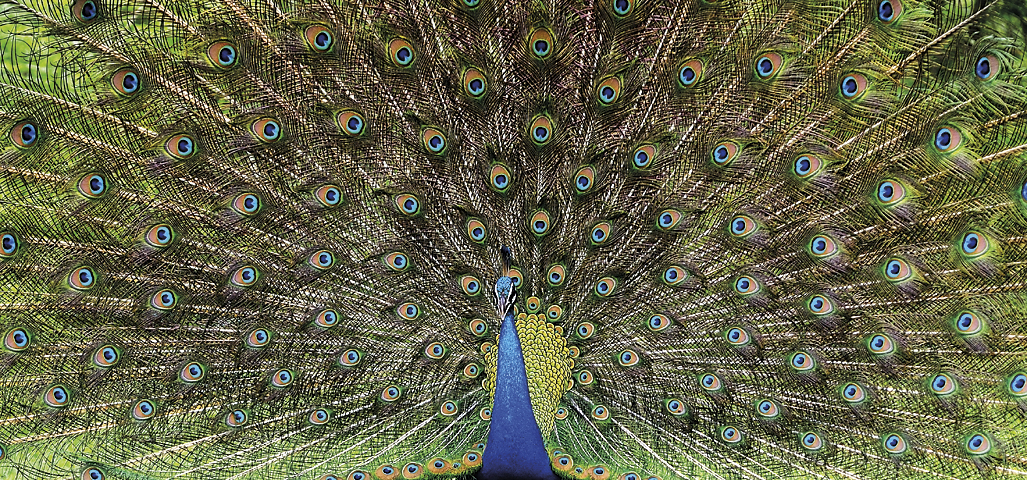
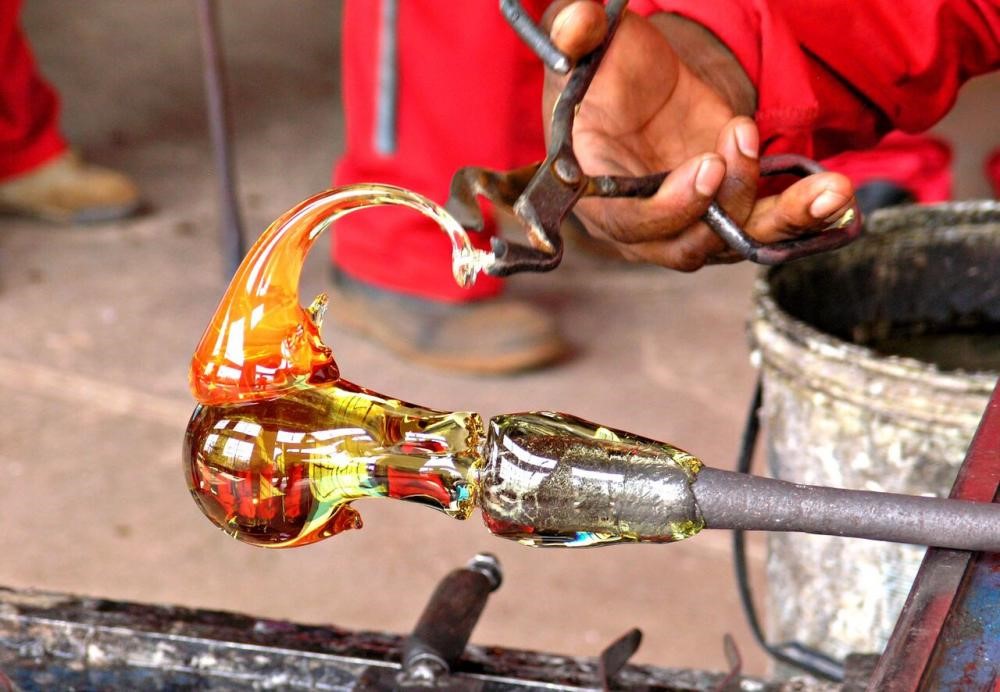
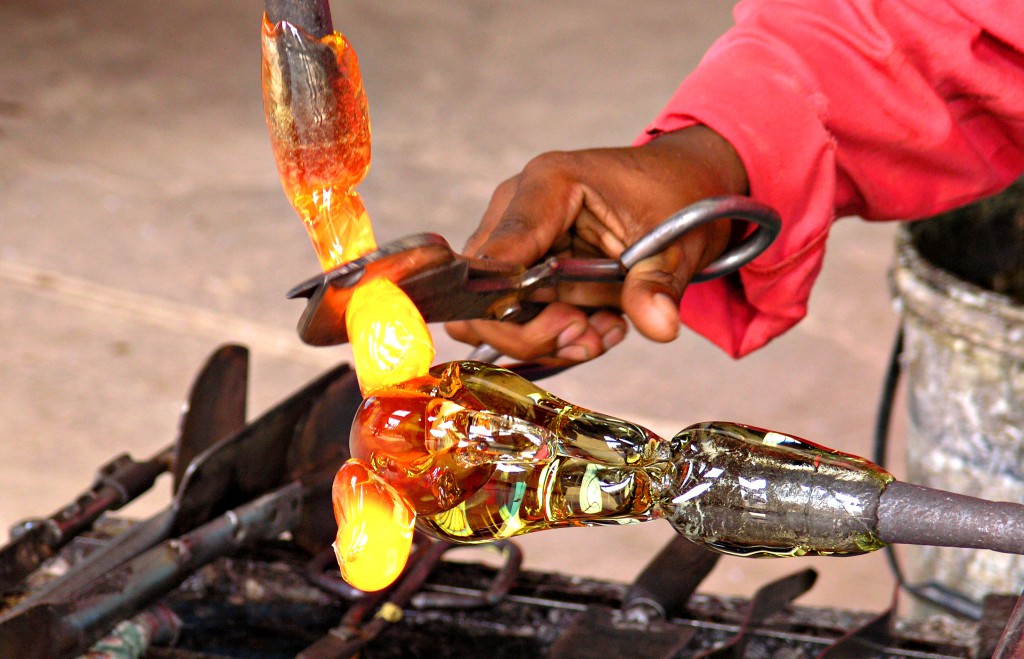
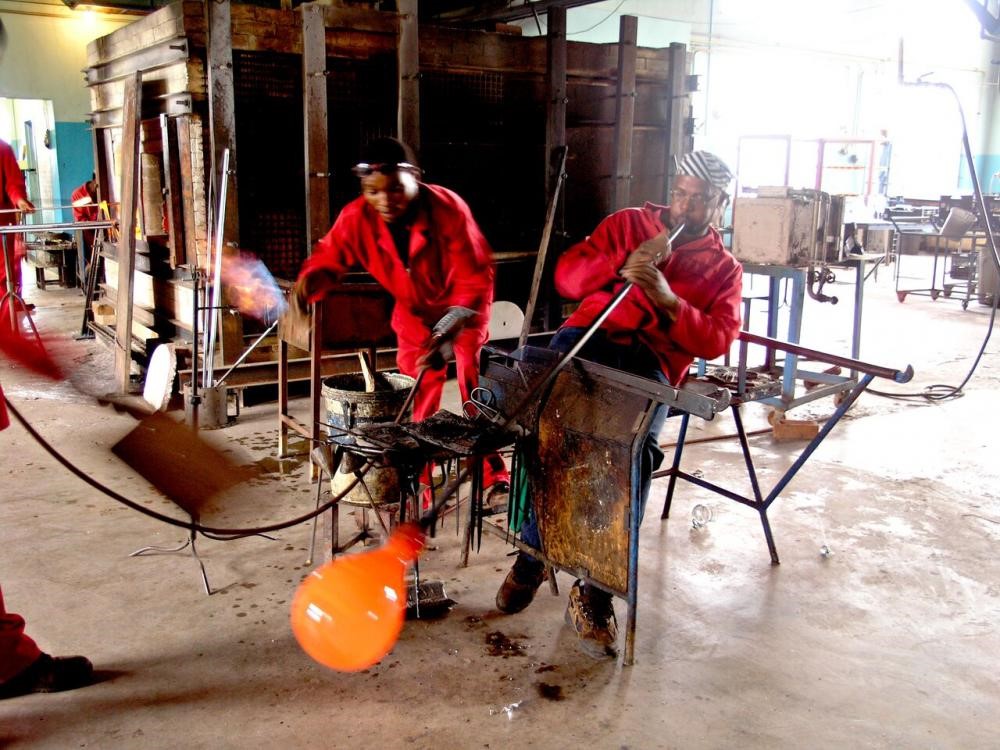
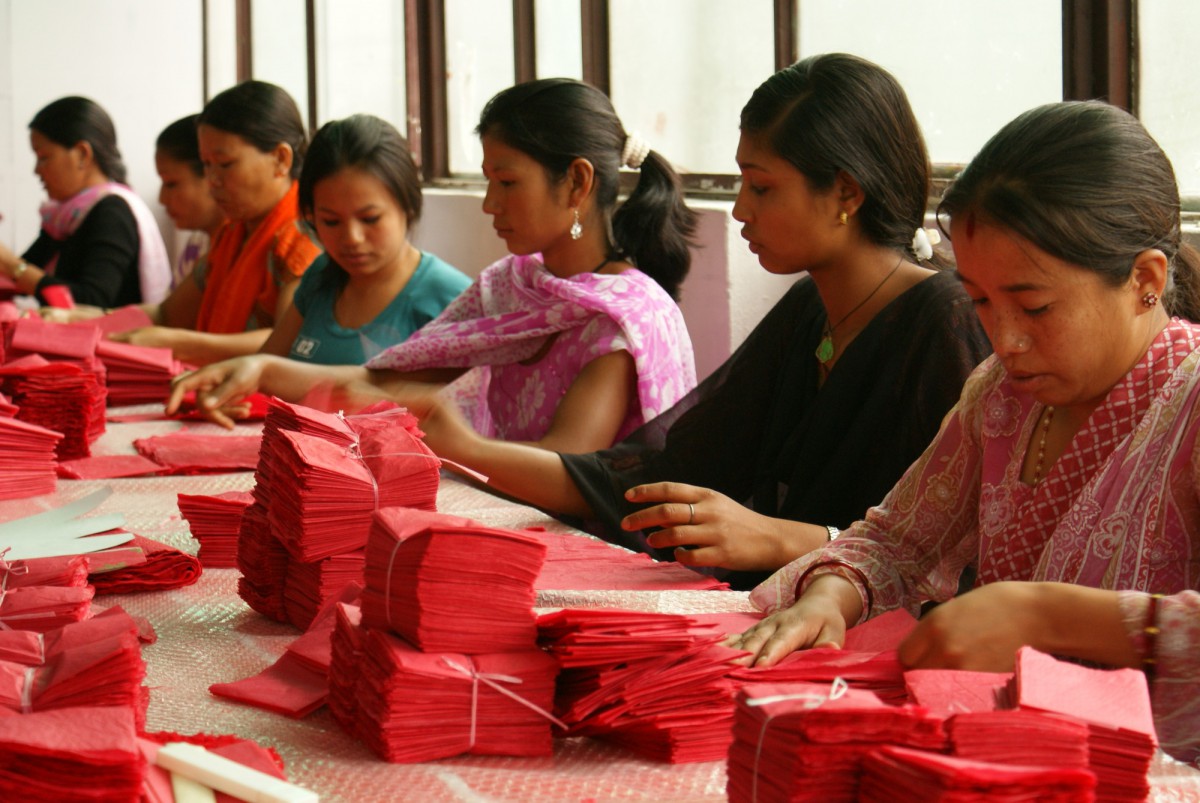
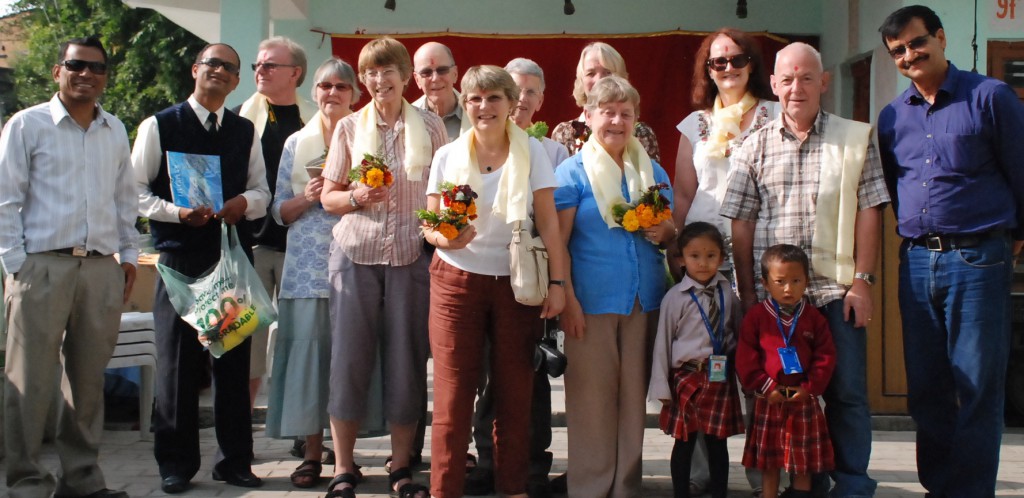
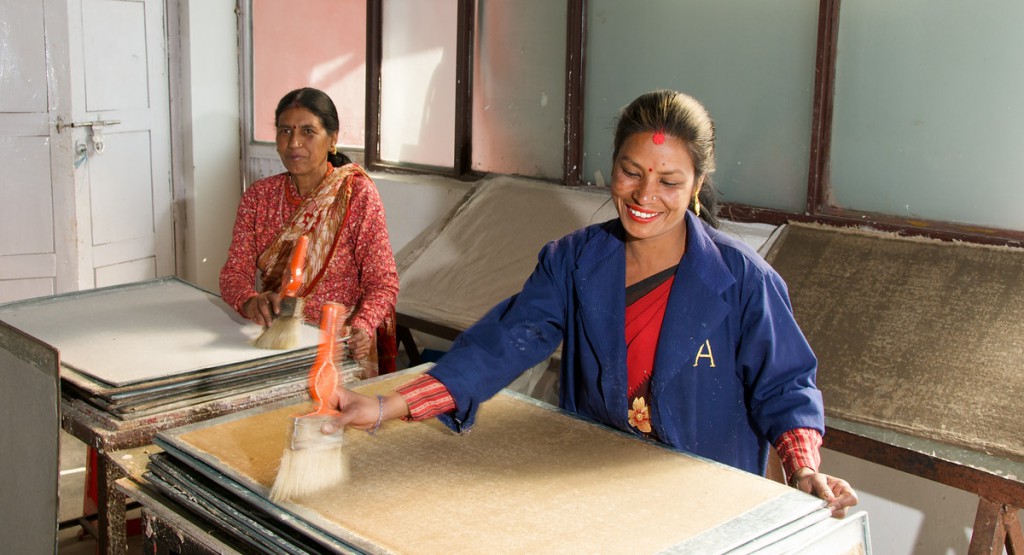
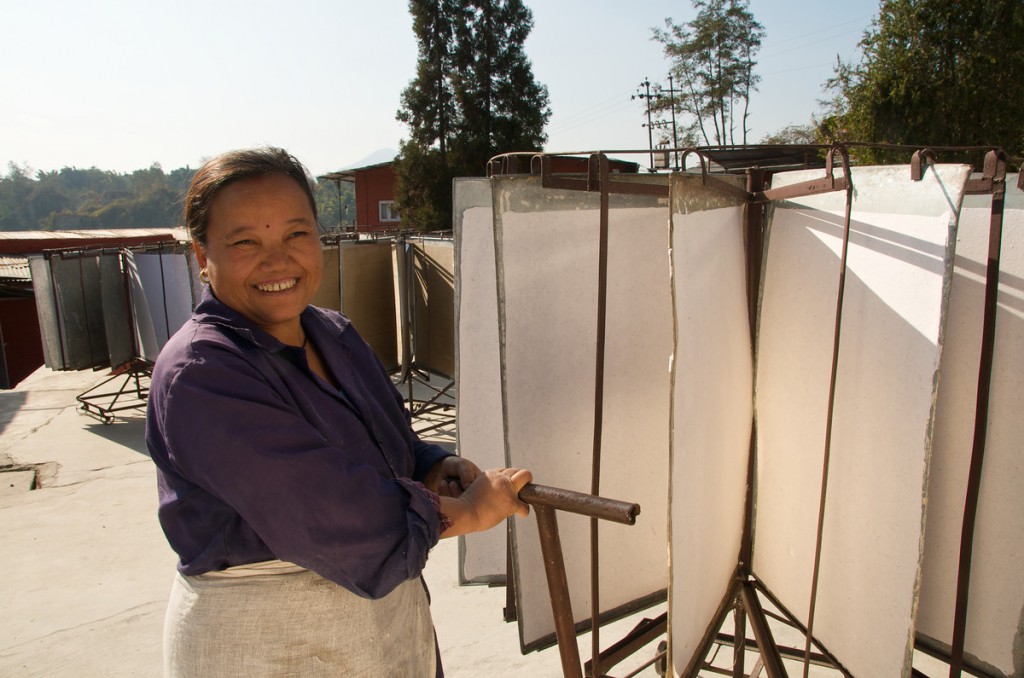
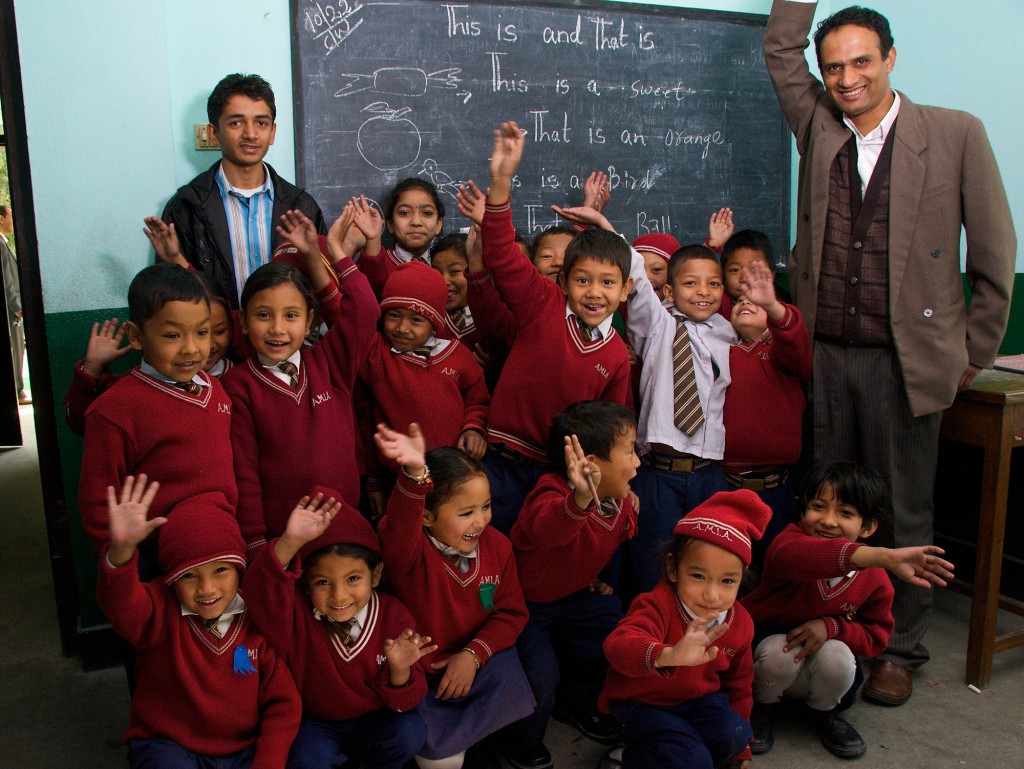
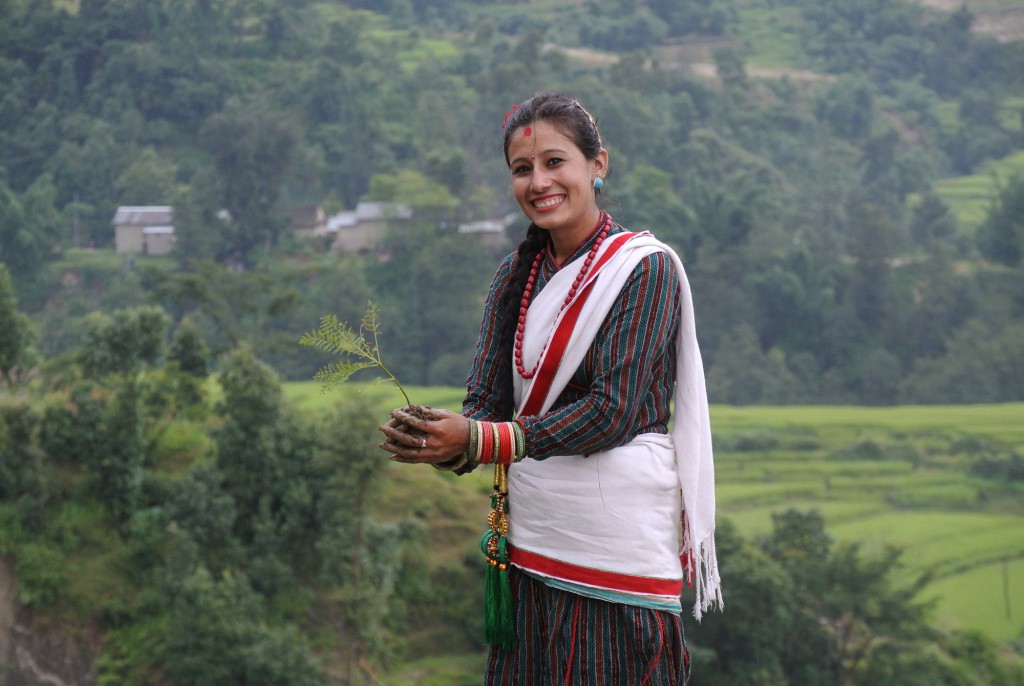 Rather than allocating a percentage of profits, GPI dedicate 4% of the total of all their invoices to GWP to ensure a higher level of financial support even in years where profit is low.
Rather than allocating a percentage of profits, GPI dedicate 4% of the total of all their invoices to GWP to ensure a higher level of financial support even in years where profit is low.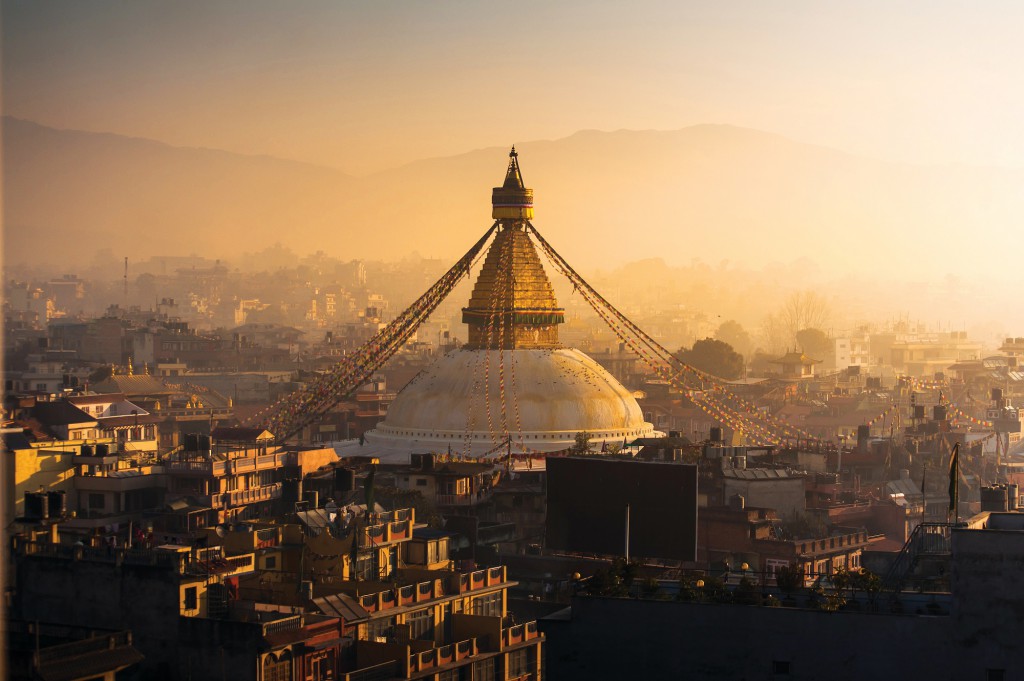
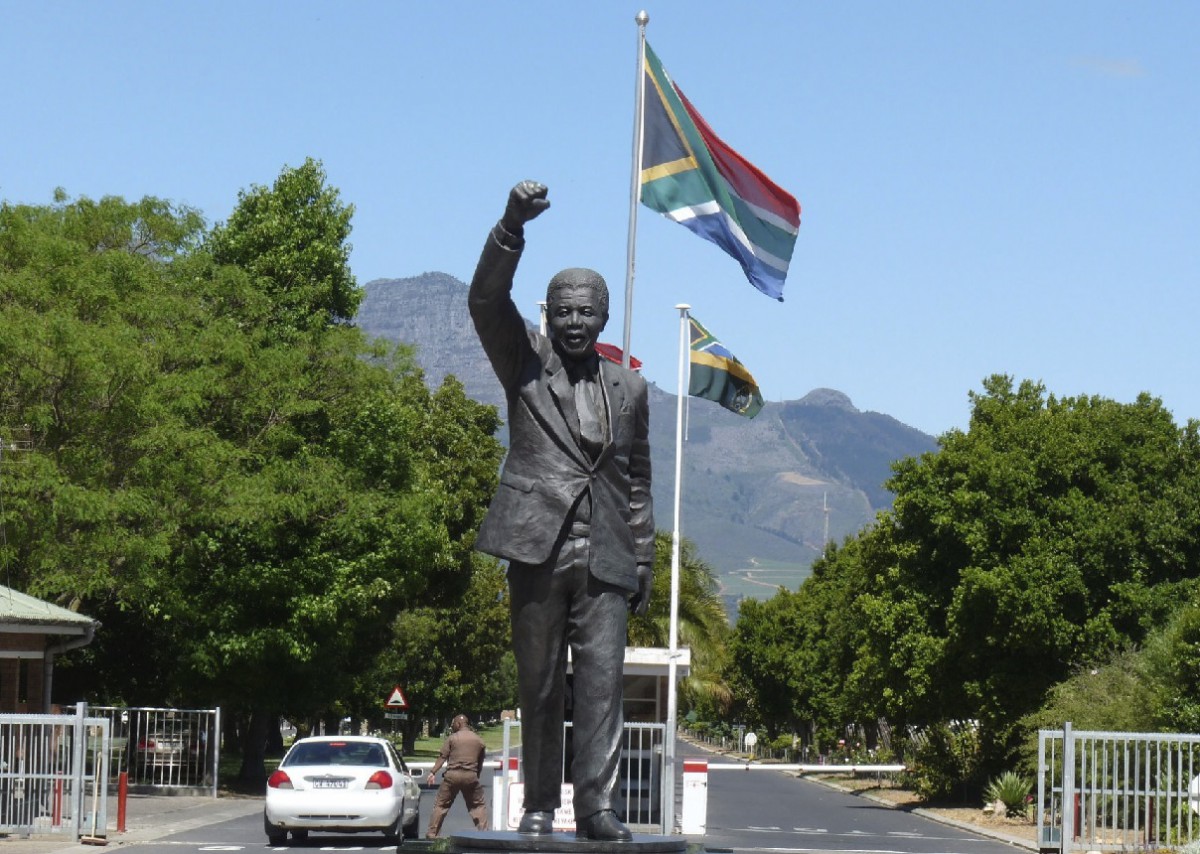
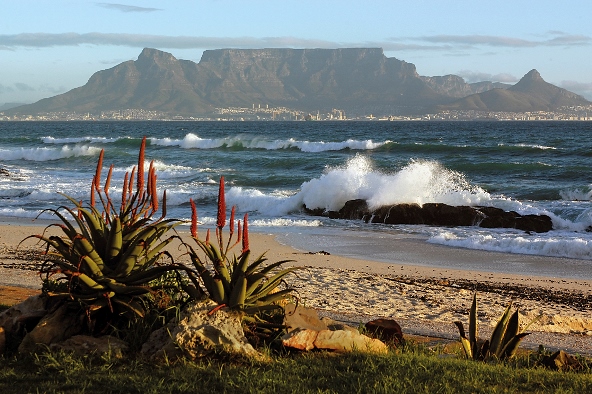 Our 14 day tour begins with a memorable visit to Robben Island, one of the Cape Peninsula’s World Heritage Sites, to visit the prison where Nelson Mandela was kept for 18 years. During the visit we understand why the island is described as the unique symbol of the triumph of the human spirit over adversity, suffering and injustice, as our guide for the afternoon, a former political prisoner, provides a personal insight into what life was like in the prison.
Our 14 day tour begins with a memorable visit to Robben Island, one of the Cape Peninsula’s World Heritage Sites, to visit the prison where Nelson Mandela was kept for 18 years. During the visit we understand why the island is described as the unique symbol of the triumph of the human spirit over adversity, suffering and injustice, as our guide for the afternoon, a former political prisoner, provides a personal insight into what life was like in the prison.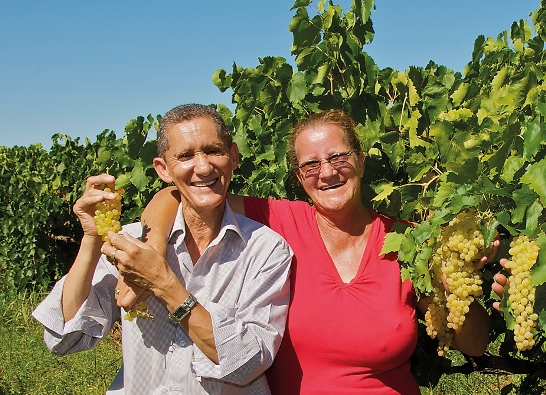 Along the way we also visit the botanical gardens at Kirstenbosch with its unique flora, the famous wine producing area around Stellenbosch, and of course, Table Mountain itself. A visit with a local guide to a township and a children’s HIV/AIDS project also highlight the realities of some people’s lives in this part of South Africa.
Along the way we also visit the botanical gardens at Kirstenbosch with its unique flora, the famous wine producing area around Stellenbosch, and of course, Table Mountain itself. A visit with a local guide to a township and a children’s HIV/AIDS project also highlight the realities of some people’s lives in this part of South Africa.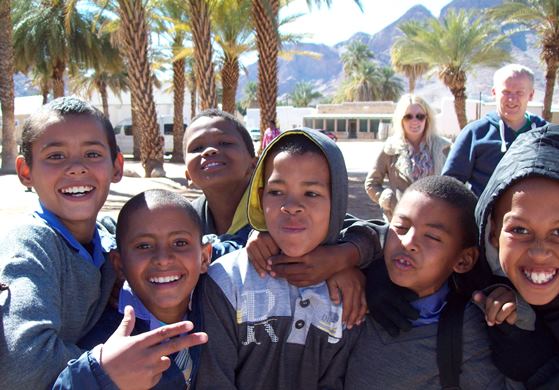 This holiday is perfect for anyone interested in fair trade looking for an opportunity to meet the people behind the products and see the impact of fair trade. For more information on our holiday
This holiday is perfect for anyone interested in fair trade looking for an opportunity to meet the people behind the products and see the impact of fair trade. For more information on our holiday 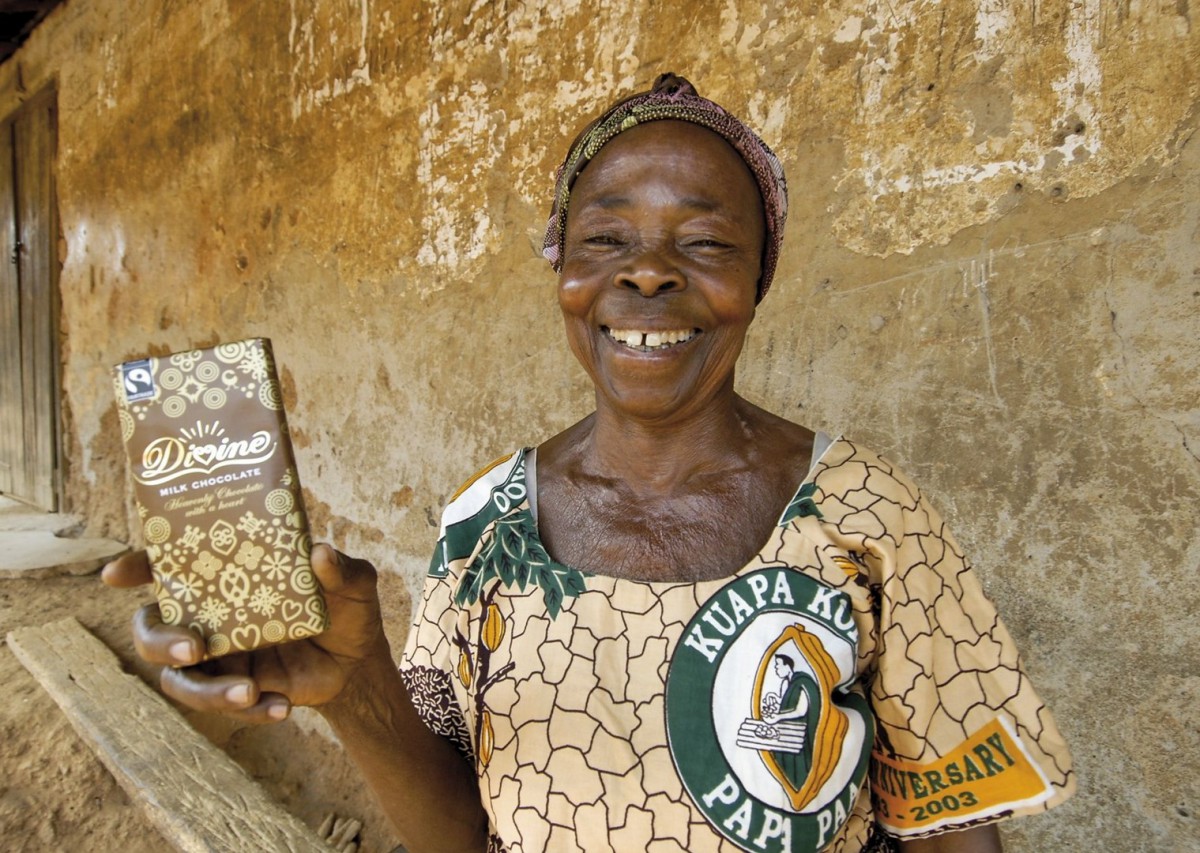
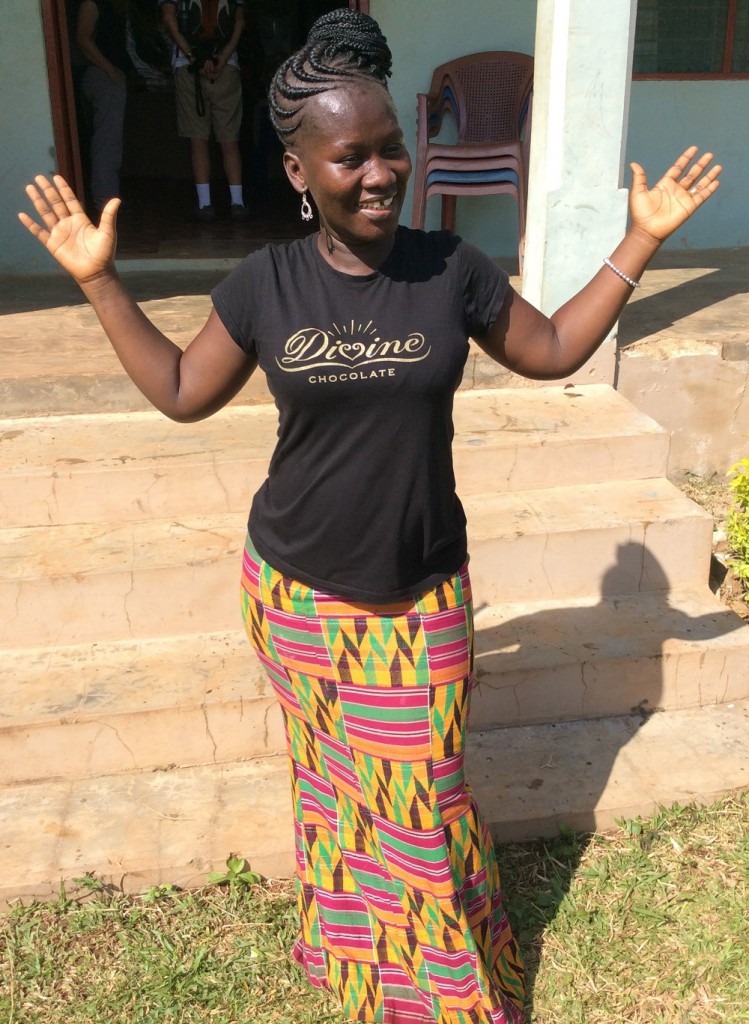
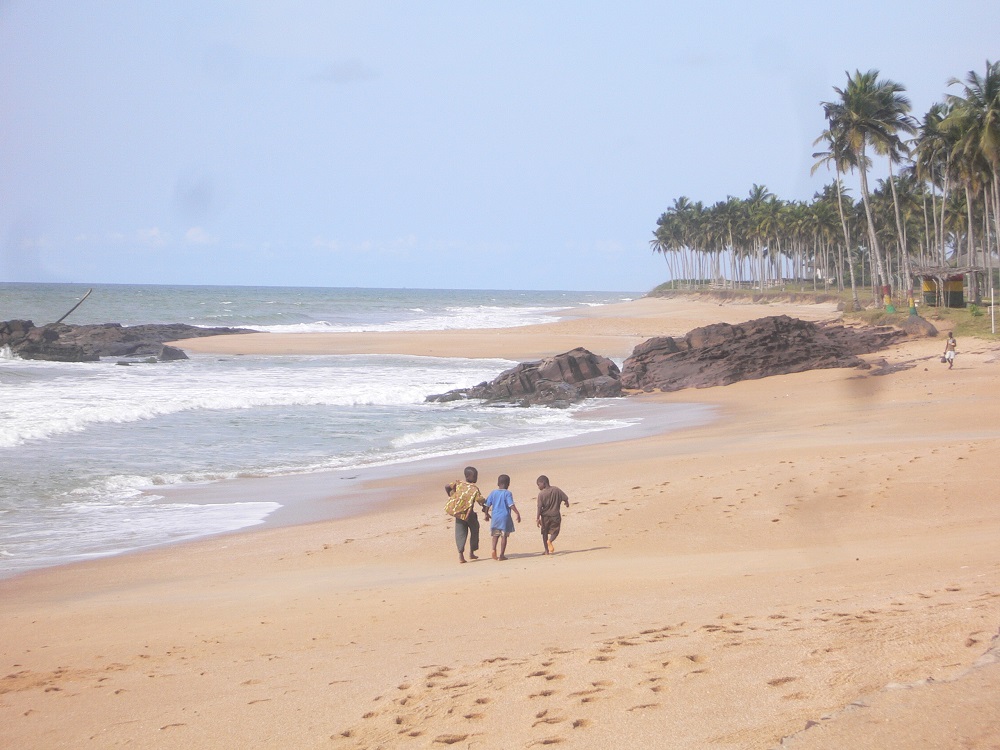
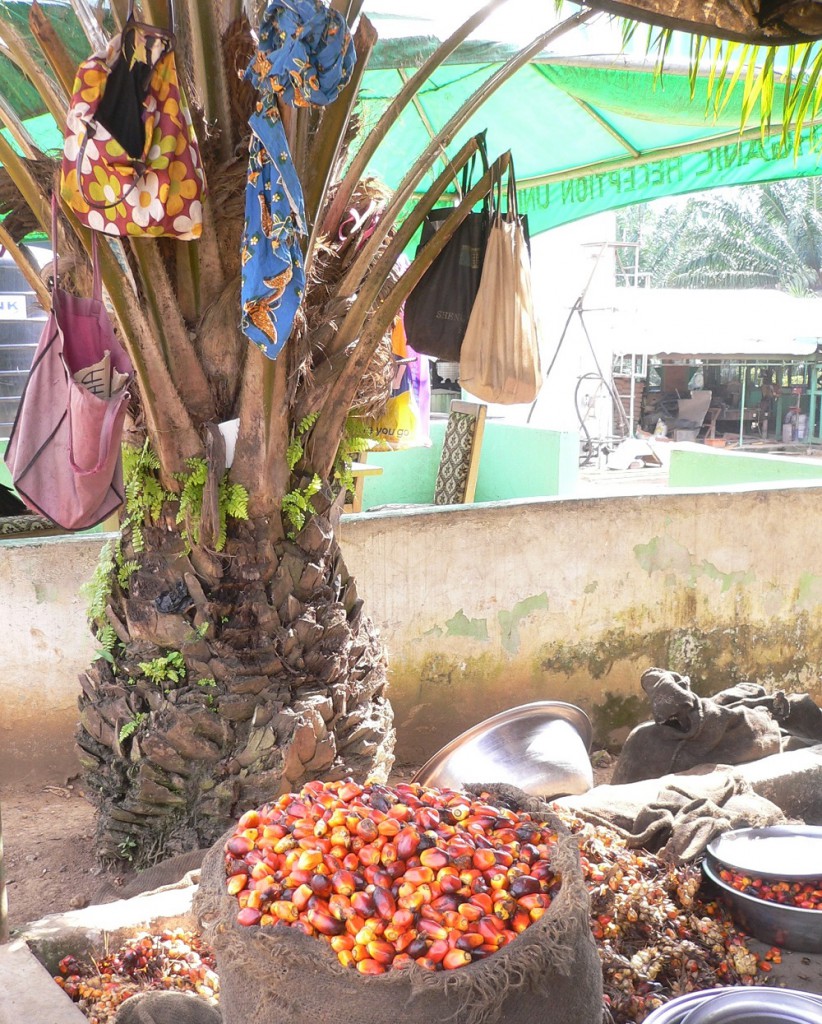
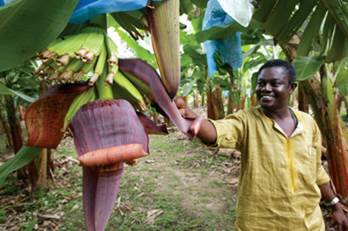
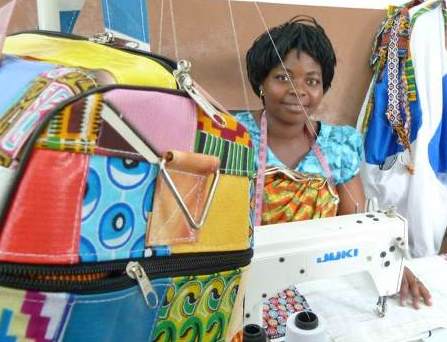

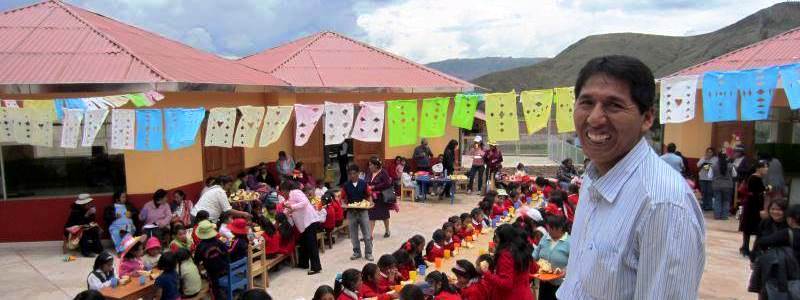 Alternative School for Girls, Cusco
Alternative School for Girls, Cusco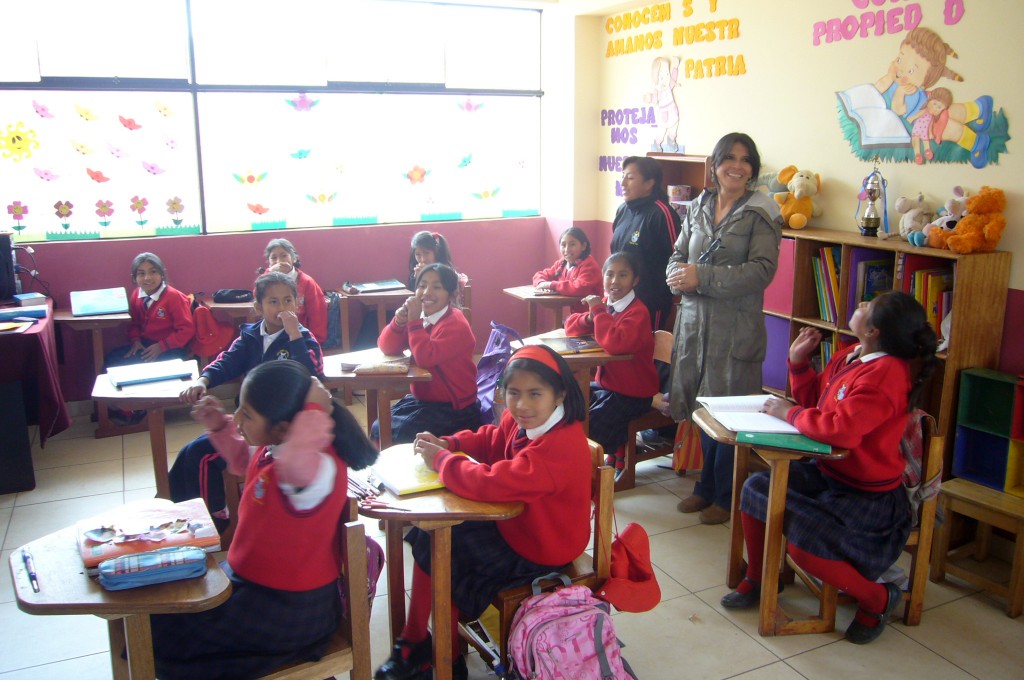
 Please notify Michael (
Please notify Michael (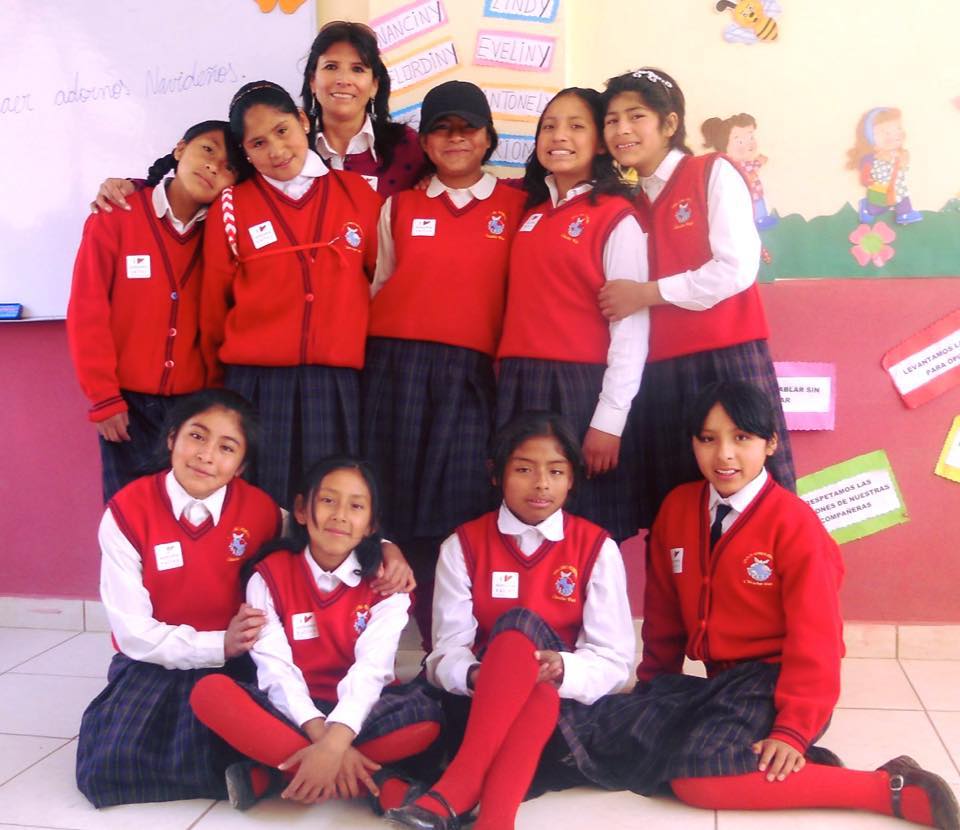
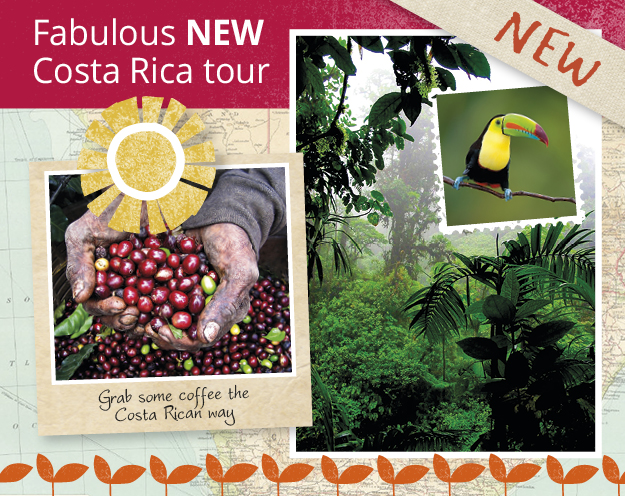

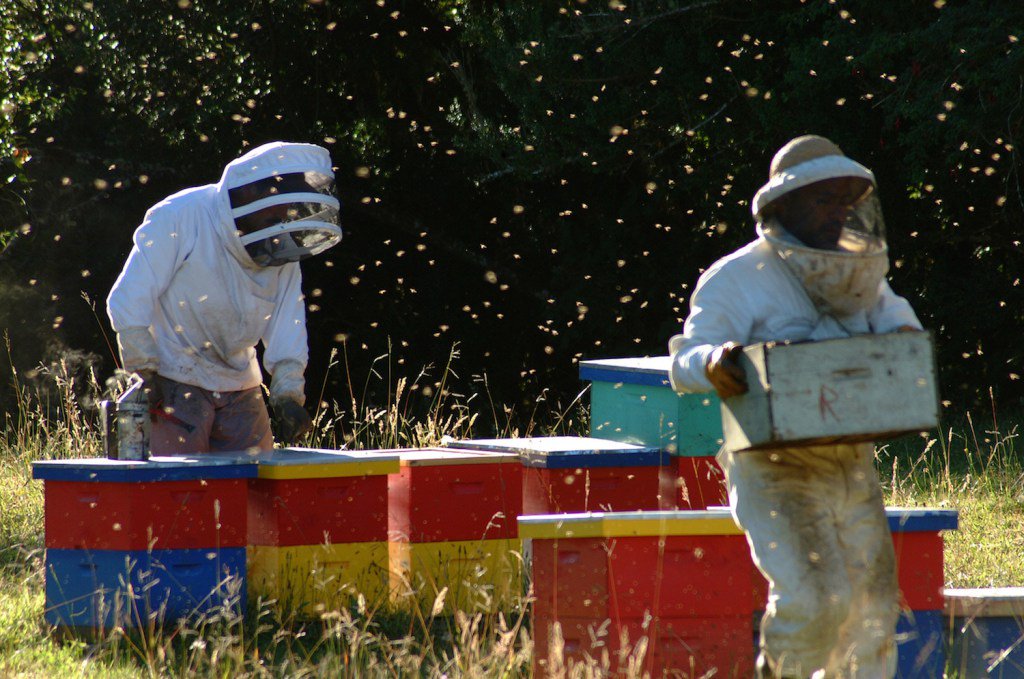


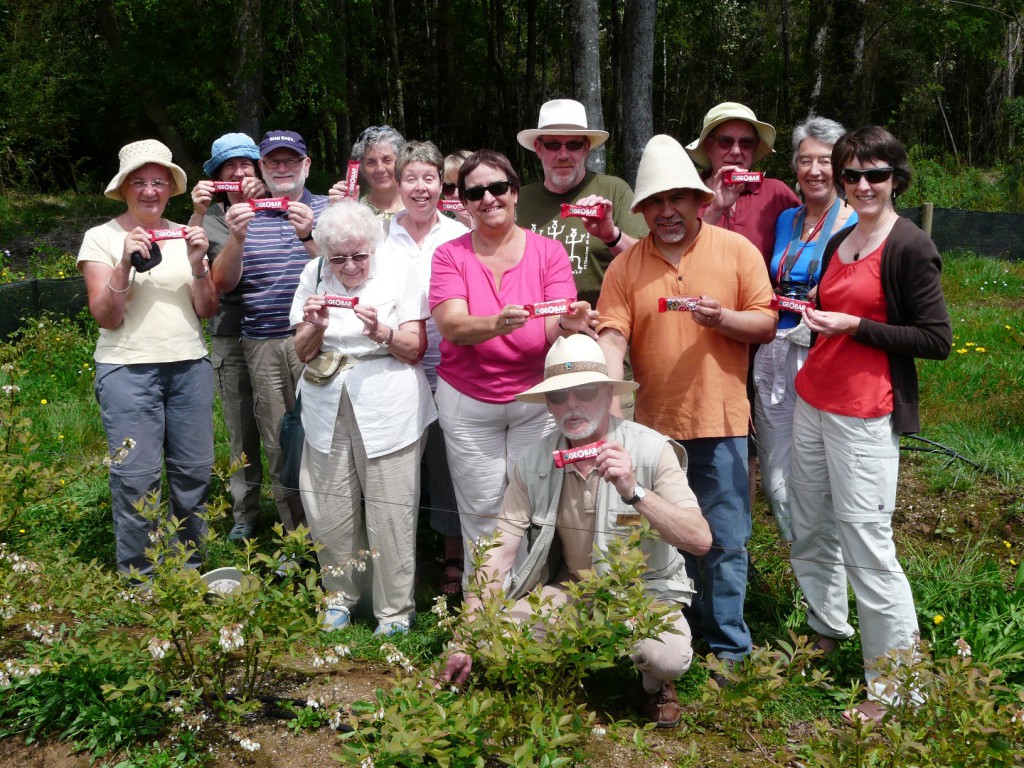
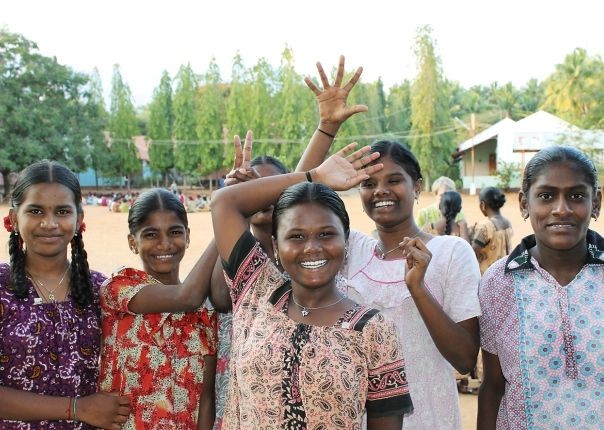
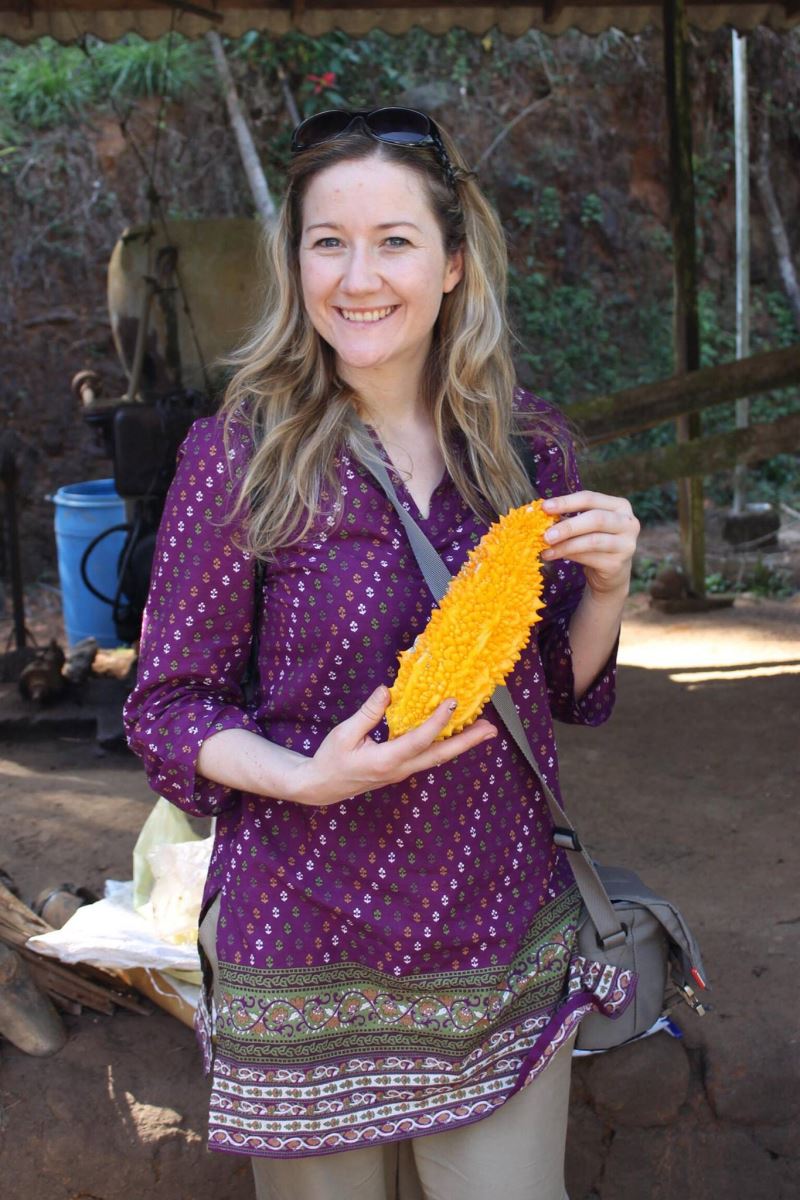 When I was first asked if I’d like to be part of the India Meet the People tour I didn’t hesitate in saying yes and Simon was exactly the same. Meeting the people behind products is something we’ve both wanted to do since joining Traidcraft and we couldn’t wait to be on our way. When writing this at the end of our first week, the trip has been everything we hoped it would be and more.
When I was first asked if I’d like to be part of the India Meet the People tour I didn’t hesitate in saying yes and Simon was exactly the same. Meeting the people behind products is something we’ve both wanted to do since joining Traidcraft and we couldn’t wait to be on our way. When writing this at the end of our first week, the trip has been everything we hoped it would be and more.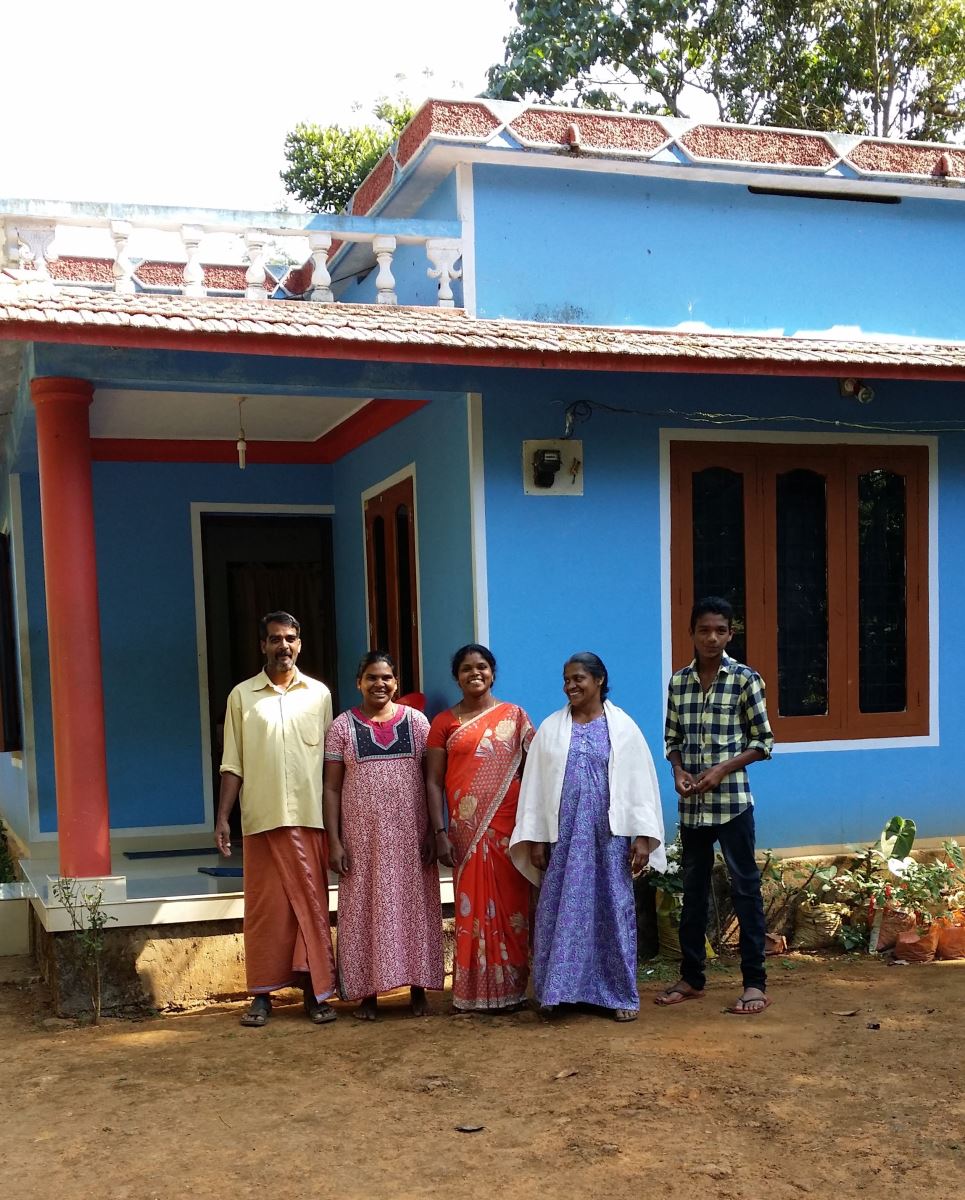 We visited three farmers at FTAK who were incredibly friendly and welcoming. Whilst coffee is their main crop they also have others on their land including pepper, oranges, coconut, pineapple, tapioca and rubber to name but a few.
We visited three farmers at FTAK who were incredibly friendly and welcoming. Whilst coffee is their main crop they also have others on their land including pepper, oranges, coconut, pineapple, tapioca and rubber to name but a few.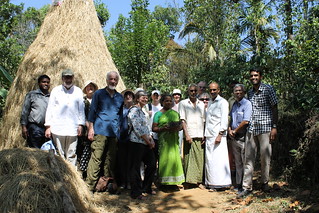
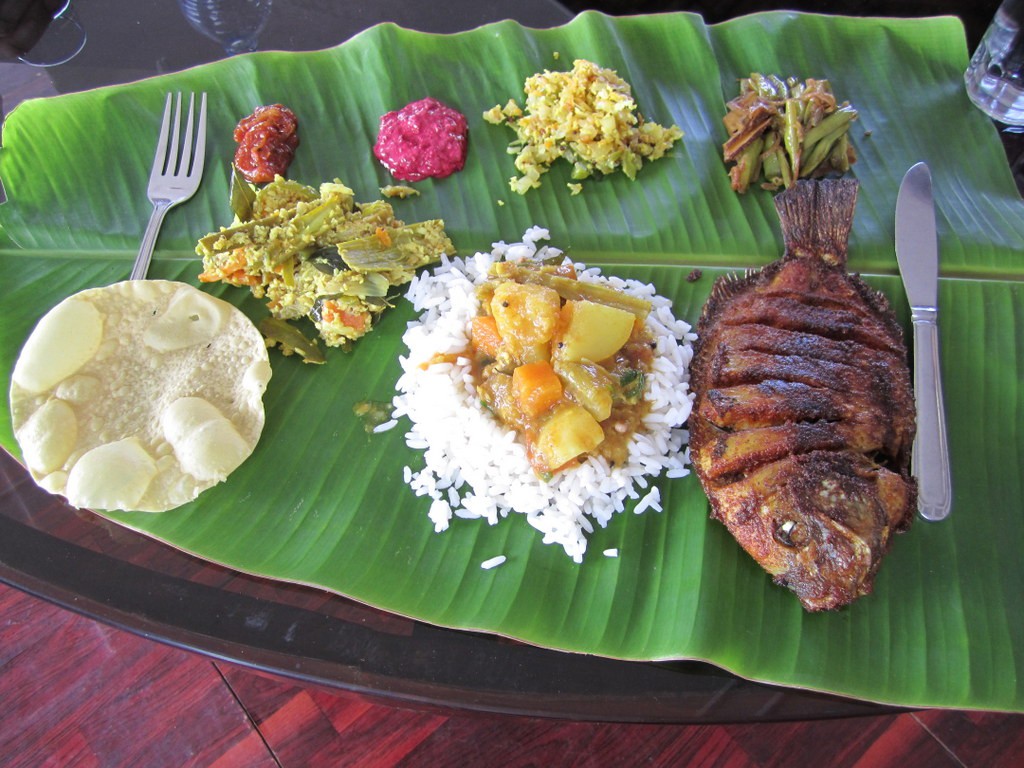 On Tuesday we met a cashew nut farmer and some members of his family. Like many farmers they have diversified and are now growing rubber trees, although it will take 7 years before a harvest. Simon made lots of new friends when a group of children from the neighbourhood took a shine to him, amazingly they are now adding Simon on Facebook!
On Tuesday we met a cashew nut farmer and some members of his family. Like many farmers they have diversified and are now growing rubber trees, although it will take 7 years before a harvest. Simon made lots of new friends when a group of children from the neighbourhood took a shine to him, amazingly they are now adding Simon on Facebook!